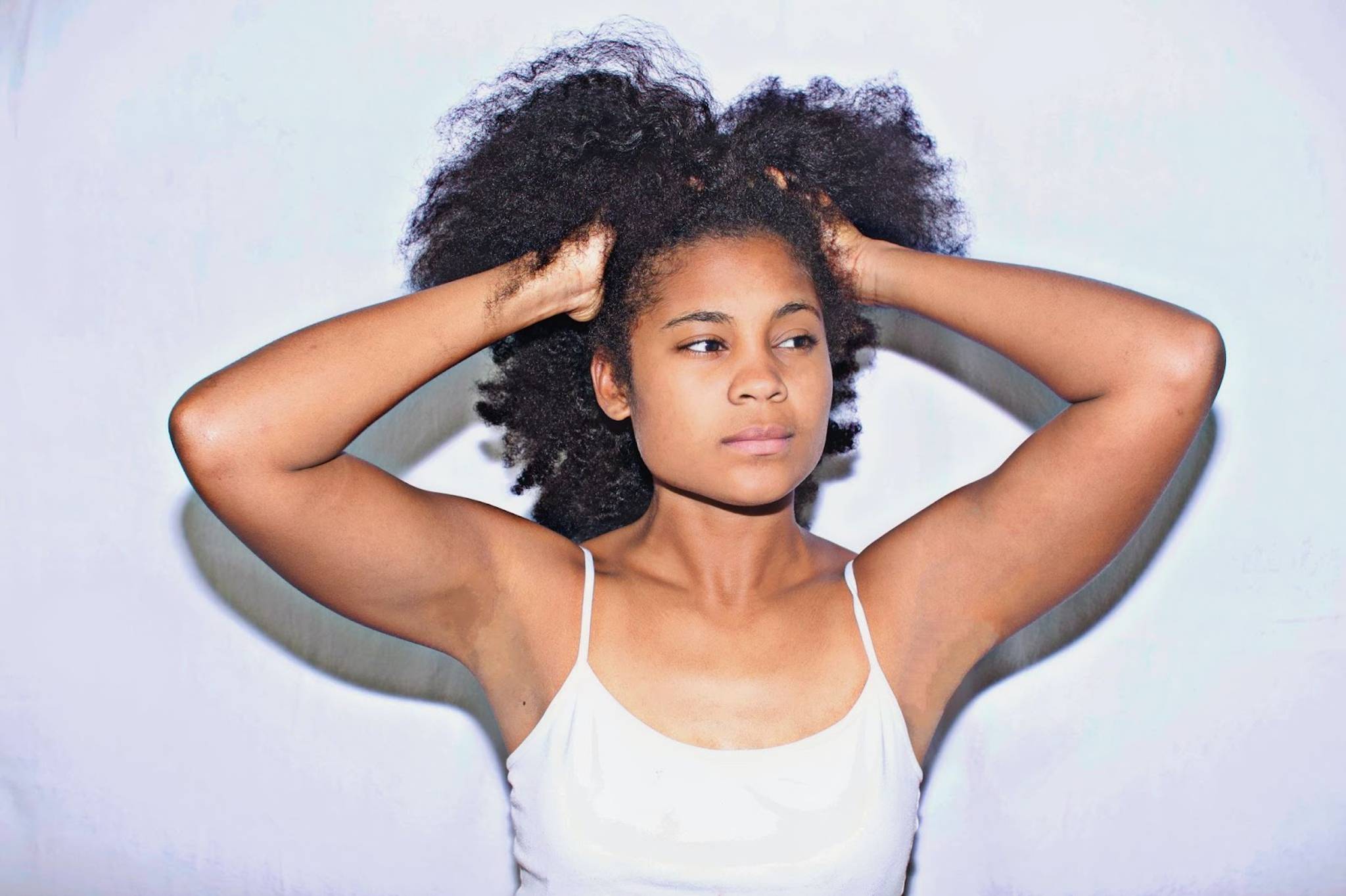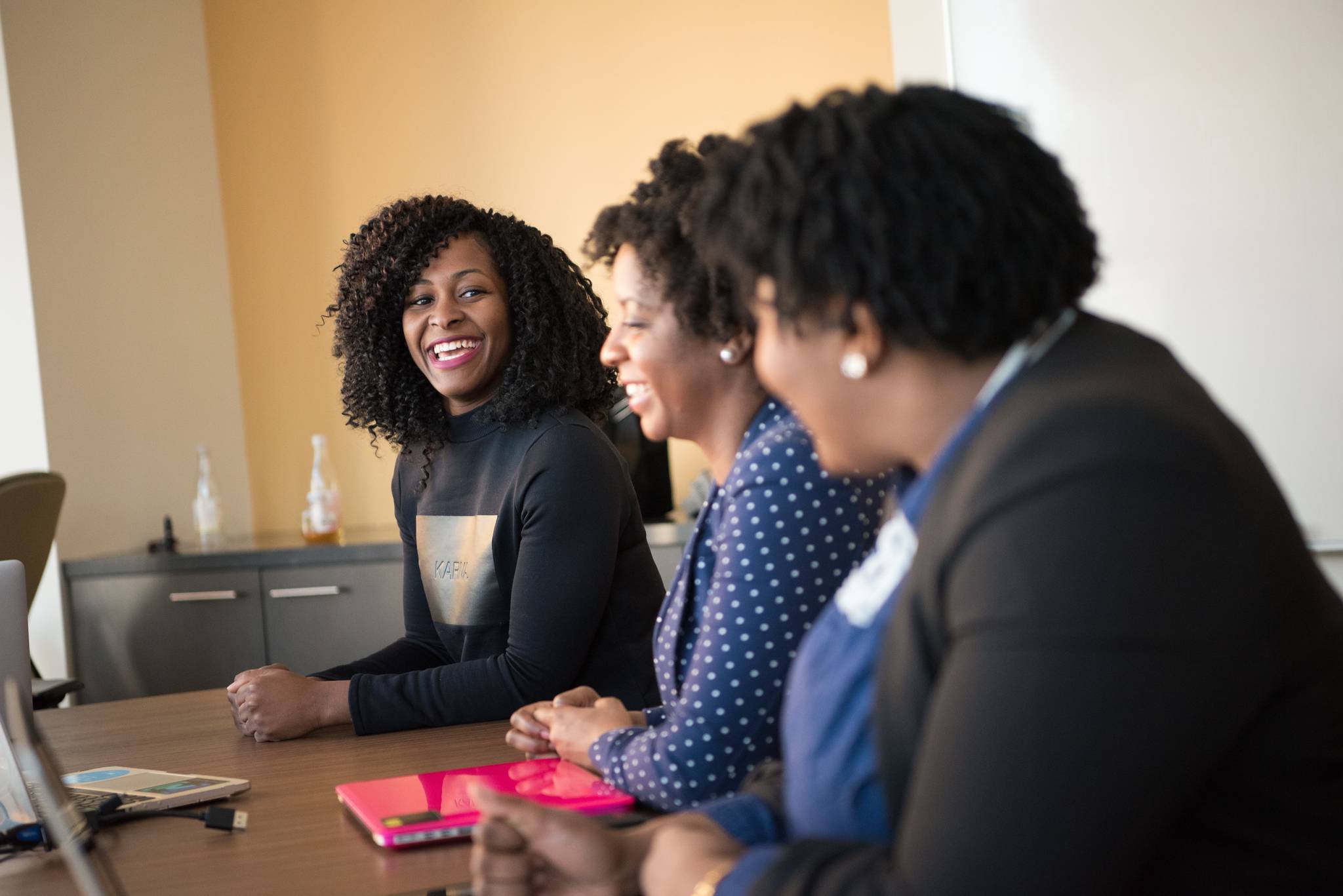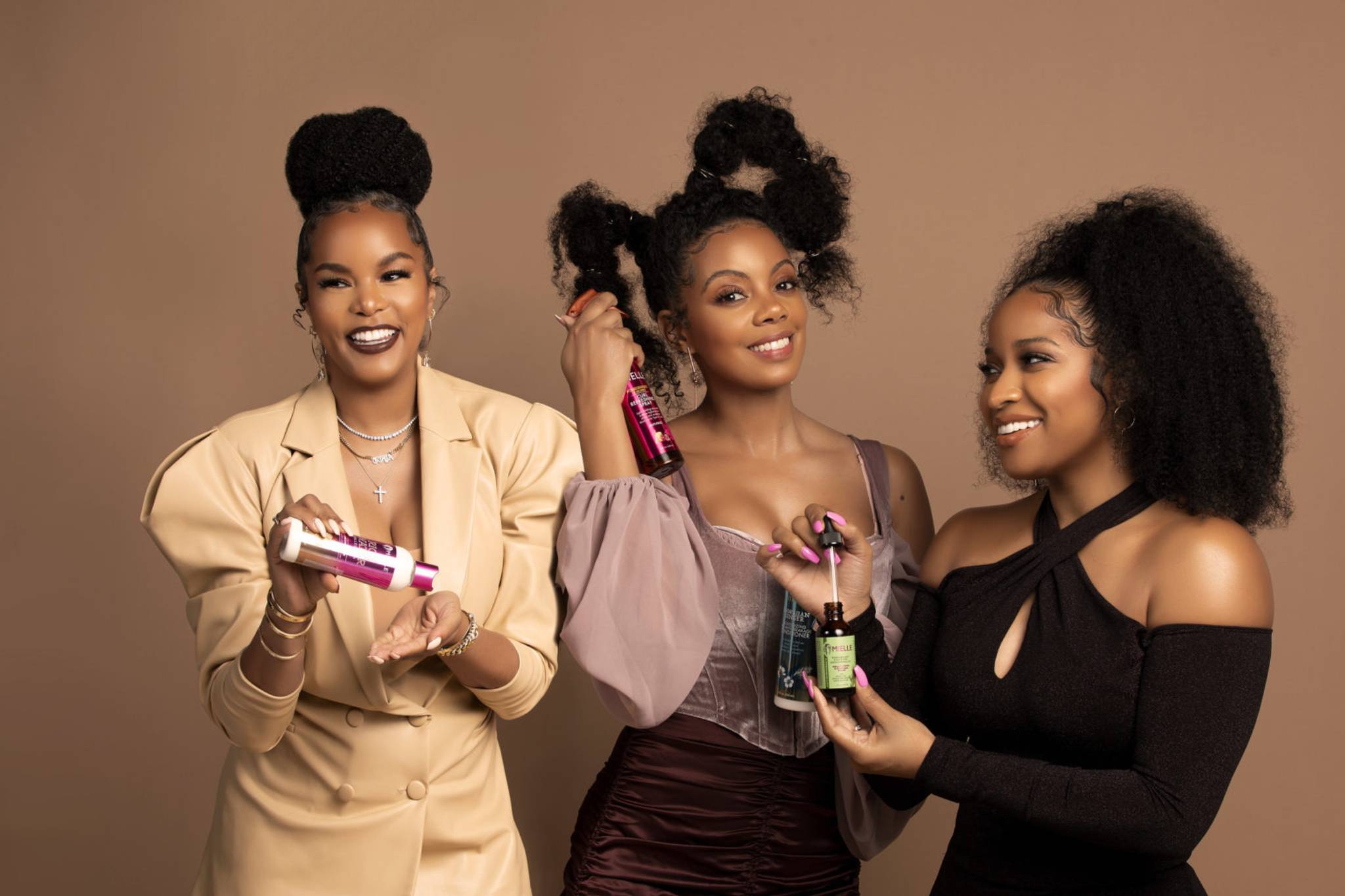
Facing discrimination whether at work or at school and a lack of representation in the media, Black women’s relationship with their hair is entering mainstream discussions. As the natural hair movement debunks negative stereotypes associated with Black hair, how can individuals be better supported?
Hair discrimination
Black hair texture has continuously been deemed subpar in the West and used as another method of ostracisation, with 93% of Black people having experienced microaggressions in relation to their hair. Given the disproportionate impact Eurocentric beauty standards have on those who don't fit the mould, Black communities often have to bear the brunt of hair discrimination that permeates society.
80% of Black women say that they alter their hair from its natural state because they deem it necessary for social and economic success and 66% change their hair for a job interview. Being primed to expect discrimination, half of young black girls have encountered discrimination at school over their hair.
Recent discourse has moved discussions around discrimination into the workplace and whilst in 2022 in the US the House passed the Crown Act to ban discrimination against Black hairstyles, the Senate has now blocked the act twice demonstrating that there's still a long way to go to level the playing field. The impacts of hair discrimination are far-reaching and deeply tangible, impacting job prospects and economic potential, which in turn worsens the racial wealth divide.
Beyond exceptionalism
Narratives intended to reverse a degree of the damage done by hair discrimination have focused on framing Black hair as unique and worthy of praise: “the belief that our hair is intrinsically different from everyone else's in every way possible, whether you think that is positive or negative. Black hair exceptionalism can be empowering and make us feel unique and special.”
Often Black women are praised for maintaining their natural hair, shamed for altering it and placed under insurmountable pressure that their non-Black peers are not subjected to. Altogether this notion, whilst seemingly aimed at adoring Black hair, has only reinforced the idea that it is essentially different and therefore requires extra work.
This has led not only to the normalisation but the expectation that Black women will spend long periods of time and a great deal of money looking after their hair, which has led to Black women overconsuming hair products as they've become the biggest consumers of hair care products in the West - spending $1.7 billion on hair care products in 2020 and £168m a year on hair products in the UK.
Moving towards empowerment
So how can institutions and society at large fight hair discrimination without worsening racial divides? The answer could lie in empowerment. Empowering people, particularly Black women, to be themselves and follow their own unique hair care journeys whatever that may look like.
Self-acceptance in the hair care space can be garnered through the community, connection and solidarity that comes from allowing people to take ownership over their identities. TV series such as 'The Hair Tales' help introduce hair discrimination and acceptance into the conversation led by Black voices, empowering such communities by putting them at the heart of the conversation.
As Black girls and women look to fulfil their specific hair care needs, having access to brands that can help them feel empowered, in control and proud of their diverse hair will allow them to thrive and feel supported and untangle the negative stereotypes associated with the natural hair movement.



